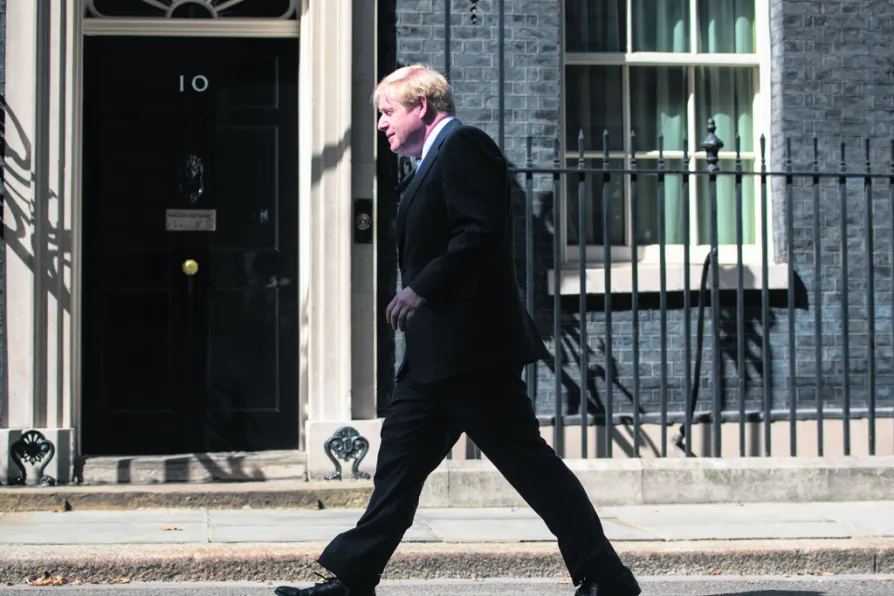NICK TROY lauds the young staff at a hotel chain and cinema giant who are ready to take on the bosses for their rights


THE coronation of hard-right Tory Boris Johnson as party leader and hence prime minister will no doubt be hailed as a great victory by the Murdoch press and the Mail.
Elements of the Corbynphobic Labour right won’t lose too much sleep either perhaps, reckoning that of the no-hopers and losers the Tories have available Johnson has the best chance, even if a small one, of beating Labour in a general election.
Yet the reality suggests a sharply different story for the Tories and privately many of them know it.

It’s not just the Starmer regime: the workers of Britain have always faced legal affronts on their right to assemble and dissent, and the Labour Party especially has meddled with our freedoms from its earliest days, writes KEITH FLETT

Who you ask and how you ask matter, as does why you are asking — the history of opinion polls shows they are as much about creating opinions as they are about recording them, writes socialist historian KEITH FLETT

Research shows Farage mainly gets rebel voters from the Tory base and Labour loses voters to the Greens and Lib Dems — but this doesn’t mean the danger from the right isn’t real, explains historian KEITH FLETT











